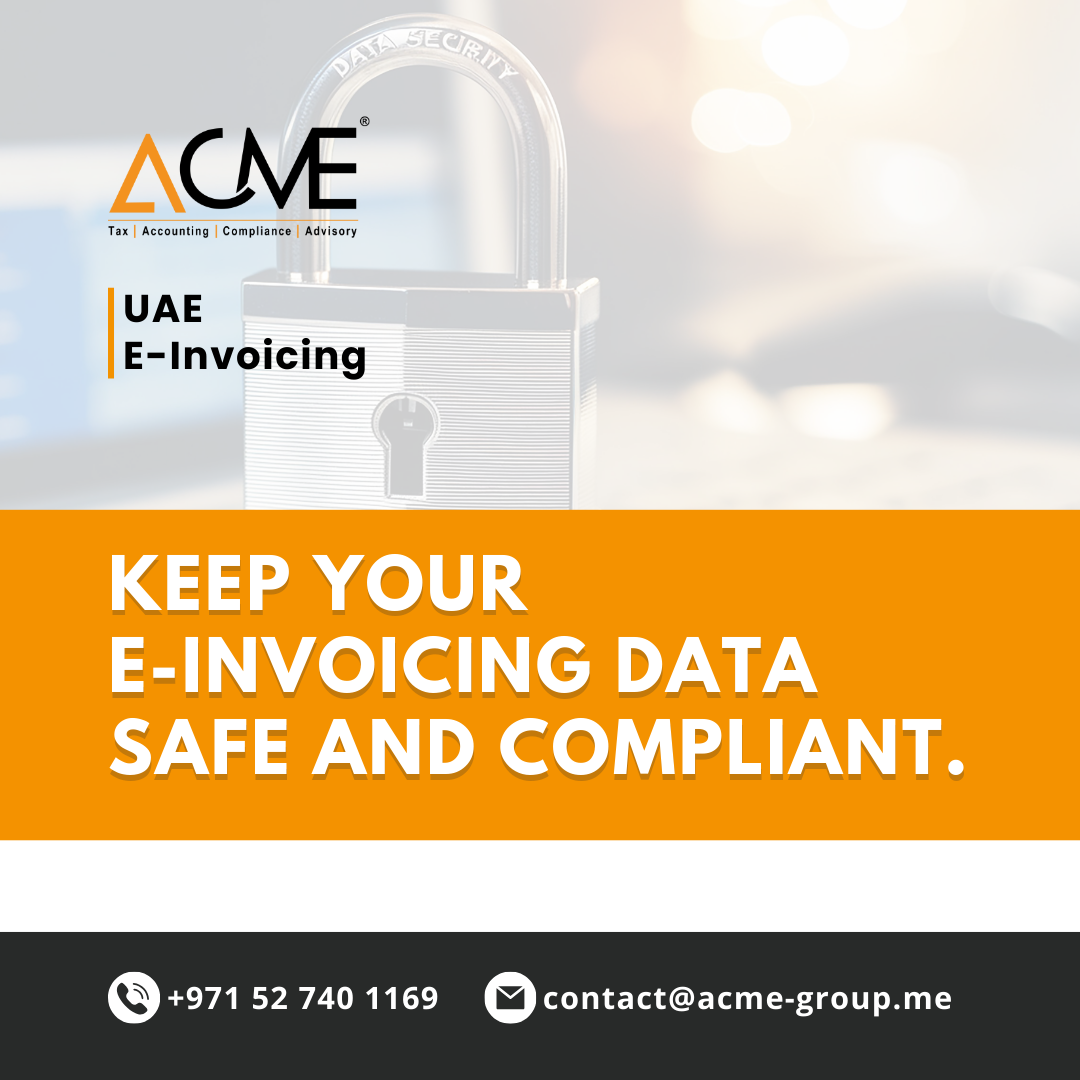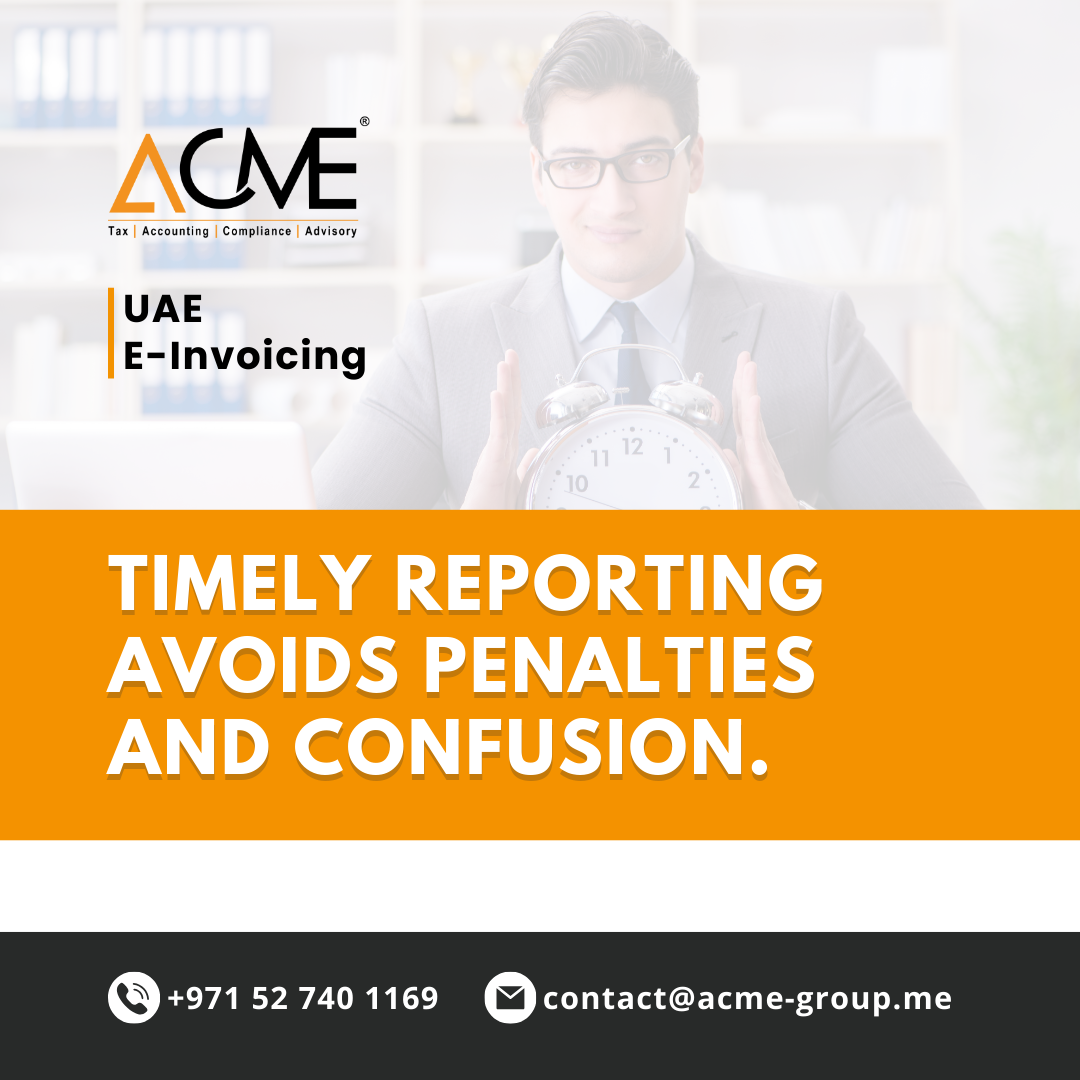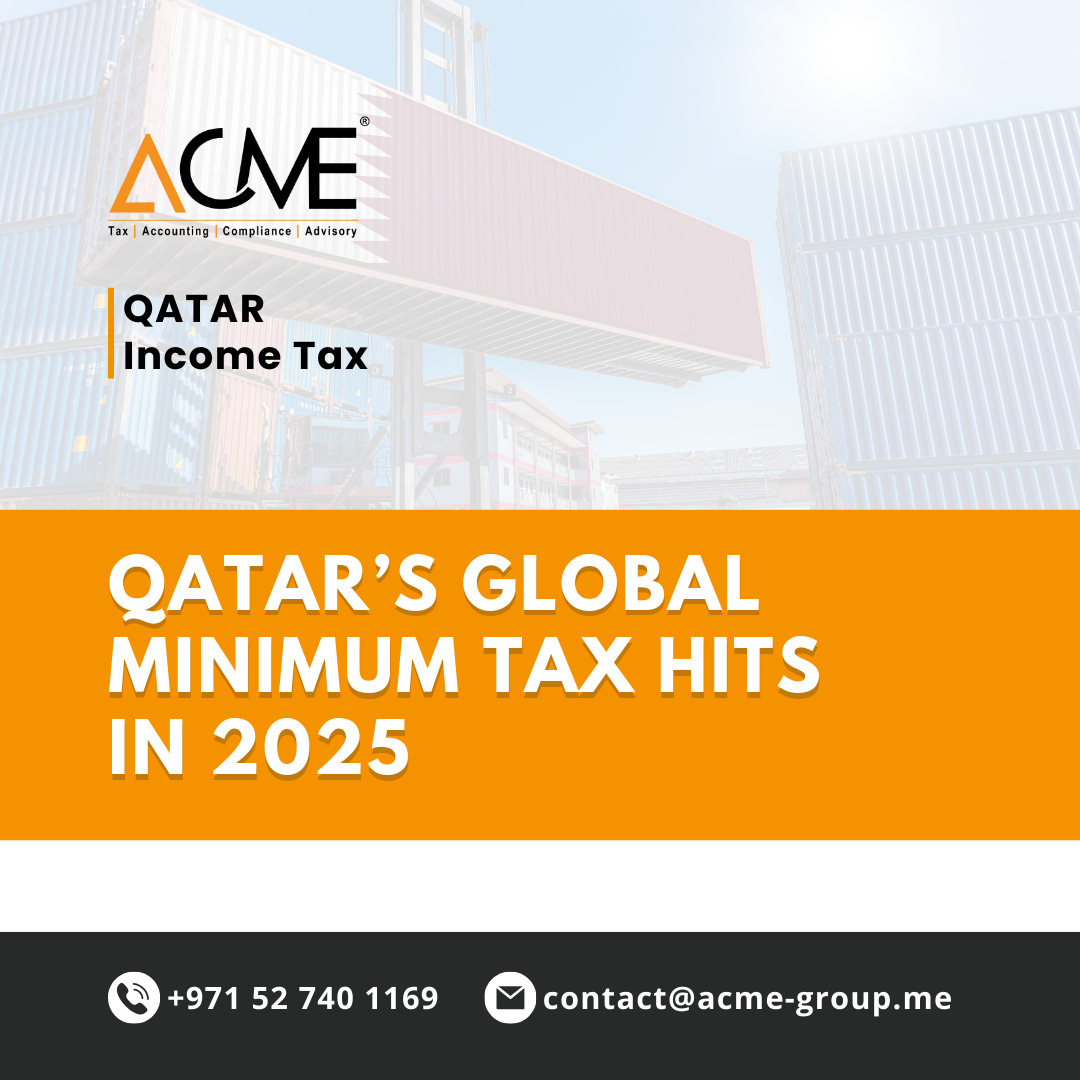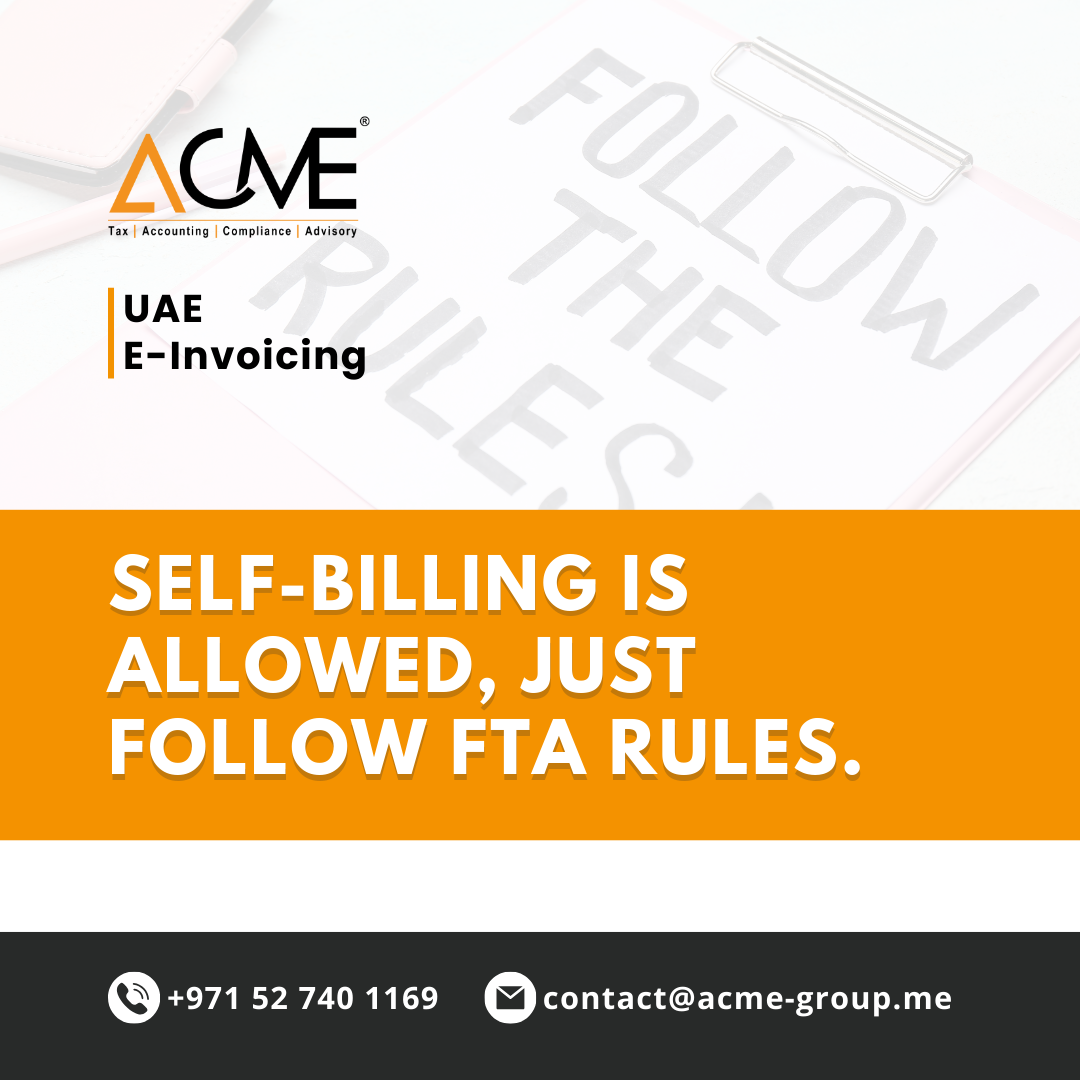The landscape of VAT in the UAE has undergone significant updates, most notably with the introduction of Cabinet Decision No. 100 of 2024. This decision, which provides key clarifications on zero-rating provisions under Federal Decree-Law No. 8 of 2017, directly impacts businesses within the transportation sector. Specifically, it outlines the zero-rating of goods and services related to means of transport under Article 35. Understanding these provisions is critical for businesses to optimize their operations, reduce tax burdens, and maintain compliance.
What is Zero-Rating?
Zero-rating refers to the practice of taxing goods and services at a rate of 0%. This means that businesses are not required to pay VAT on specific supplies; however, they can reclaim the VAT incurred on any inputs related to those supplies. For companies involved in the transportation industry, this represents a substantial opportunity to lower costs while ensuring that the VAT system remains compliant.
Zero-Rating Provisions in Cabinet Decision No. 100 of 2024
According to the new decision, specific goods and services essential to the operation, maintenance, repair, or conversion of means of transport may qualify for zero-rating. These provisions help businesses involved in transportation-related activities reclaim VAT, thereby supporting a more efficient and competitive industry.
Goods Eligible for Zero-Rating
Several categories of goods are eligible for zero-rating under the updated regulations:
- Goods Supplied or Imported During Operation and Maintenance: Goods that are integral to the operation or maintenance of means of transport (excluding fuel and oil products) can be zero-rated if:
- They are incorporated into or affixed to the transport vehicle.
- They are consumable goods that become unusable as a direct result of their use during maintenance or repair processes.
- Examples of Eligible Goods:
- Spare parts permanently installed in a vehicle.
- Consumables, such as lubricants or cleaning agents, that are used during maintenance and cannot be reused.
Services Eligible for Zero-Rating
The Cabinet Decision No. 100 of 2024 also extends the zero-rating provision to several key services:
- Repair and Maintenance Services: Services directly related to the repair or maintenance of means of transport qualify for zero-rating. This includes:
- Repairs carried out on board.
- Maintenance activities such as inspection, testing, cleaning, and repainting.
- Conversion Services: Services that modify means of transport, as long as the transport vehicle continues to meet the established criteria after conversion.
- Repair and Maintenance of Parts and Equipment: Specific services related to parts and equipment of transport vehicles are also eligible for zero-rating if:
- Performed on board the vehicle.
- Parts are removed for maintenance and replaced in the same vehicle.
- Parts are held as spares for future use.
- Non-repairable parts are exchanged for identical replacements.
Implications for Businesses
The introduction of Cabinet Decision No. 100 of 2024 signals a strong commitment from the UAE government to stimulate growth and innovation within the transportation sector. By easing the VAT burden on businesses, the government aims to enhance the sector’s efficiency and global competitiveness.
For businesses, understanding which goods and services are eligible for zero-rating is essential to ensure compliance and take full advantage of VAT reclaim opportunities. Proper documentation and due diligence are key to maintaining adherence to tax regulations while benefiting from the zero-rating provisions.
Conclusion
Cabinet Decision No. 100 of 2024 represents a major step forward in the UAE’s efforts to refine its VAT regulations and support its growing transport sector. By clearly defining which goods and services qualify for zero-rating, this decision provides clarity and encourages businesses to invest and innovate. As businesses navigate these provisions, they should ensure they are familiar with the updated regulations to optimize their operations and financial strategies effectively.
For companies involved in the transport sector, this is an important moment to reassess their VAT strategies and maximize potential savings. By understanding and utilizing the zero-rating provisions, businesses can continue to thrive in the evolving landscape of the UAE’s VAT framework.
summary
Cabinet Decision No. 100 of 2024, issued under the Federal Decree-Law No. 8 of 2017 on Value Added Tax (VAT) in the UAE, introduces zero-rating for specific goods and services related to means of transport. Article 35 specifies that goods (excluding fuel or oil) used in the operation, repair, maintenance, or conversion of transport vehicles qualify for zero-rating if they are incorporated into the vehicles or are consumables rendered unusable during these processes. Additionally, services related to the repair, maintenance, and conversion of transport, performed on board or directly related to parts and equipment, also benefit from zero-rating. This decision aims to reduce the VAT burden on businesses in the transport sector, encouraging investment and operational efficiency. Companies should understand these provisions to optimize their VAT compliance and financial strategies.
Disclaimer: The Content offer general guidance and should not be considered legal, financial, or tax advice. Consult qualified professionals for personalized guidance. While efforts have been made to ensure accuracy, no guarantee is provided for completeness or applicability to individual situations. Users are responsible for their interpretation and actions based on this information, at their own risk.
For understanding more about Corporate Tax, VAT, Excise Tax, Financial Services, and Advisory Services, reach out to us on:mailto:contact@acme-group.me| +971 52 740 1169.
This article was published on 13 June 2025
Download VAT Resources
-
VAT Return Preparation Checklist
Prepare for your VAT obligations with confidence
-
Financial Audit Self Assessment
Learn whether your financial records, internal controls, and audit readiness meet UAE compliance standards.
-
VAT Amendments
Stay updated with the latest VAT Amendments and how these affect your business
Related Posts
Data Fortress
Key Points: Store all invoices & credit notes in UAE per Tax Procedures Law Authority may access or share data with other …
System SOS
Key Points: Notify FTA within 2 business days of any system failure Use mechanisms and procedures determined by the Authority Conclusion Timely …
Qatar’s Global Minimum Tax Hits in 2025
Key Points: Law No. 22 of 2024 amends Qatar’s Income Tax Law (Law No. 24 of 2018) to introduce the Domestic Minimum Top-Up Tax (DMTT) and …
Saudi Excise Tax: What’s New & What to Watch
Key Points: ZATCA’s Implementing Regulations for excise tax (Resolution No. 9‑1‑17, as amended) define all the updated rules for excise goods in the …
Self-Billing Simplified
Key Points: Recipients may issue invoices if both parties are registered Follow VAT Executive Regulation Conclusion Self-billing is allowed — just follow …
Join our Newsletter!
Receive updates on the latest News, Events, Webinar and more.
Our Services
-
Tax ServicesTax Services
-
Financial ServicesFinancial Services
-
AdvisoryAdvisory
-
ComplianceCompliance
Explore More
-
About UsAbout Us
-
Privacy PolicyPrivacy Policy
-
Contact UsContact Us





